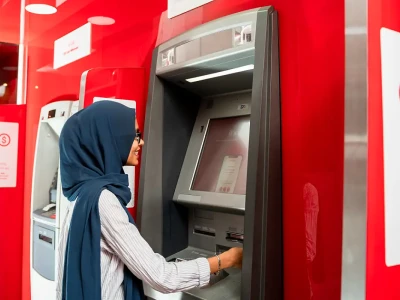
Govt thanks BML for supporting president's economic policy
Despite the challenges, the government's statement clearly underscores a renewed commitment to working closely with BML to achieve economic stability.
Top Stories
Government on Wednesday expressed gratitude to the Bank of Maldives (BML) for its collaboration in implementing the economic stabilisation policies championed by President Mohammed Muizzu.
Among Wednesday’s measures, BML has decided to increase the overseas transaction limit on debit cards for Maldivian students studying abroad to $1,200, reflecting a step in supporting the government's financial policies.
In a statement issued by the President’s Office, the government acknowledged the role BML is playing in the ongoing economic stabilisation efforts. The statement emphasised that BML's initiatives align with the government’s commitment to easing the financial challenges faced by the Maldivian people.
One of the key announcements from the President's Office highlighted that BML has raised the limit for overseas transactions on its Rufiyaa debit cards to $1,200, specifically for students pursuing education abroad. This adjustment, described as a first step in a broader plan, follows a decision made by President Muizzu and his Cabinet on December 24.
The increased limit aims to provide greater financial flexibility for Maldivian students overseas, reflecting the administration’s focus on addressing the practical needs of its citizens during challenging times.
The statement from the President's Office also underscored the government's ongoing support for BML, particularly as the bank plays a critical role in fostering the economic development of the Maldives. The government assured that it will continue to prioritise measures that strengthen the financial sector, reduce public expenditure, and enhance public revenue, aiming to increase economic benefits for the Maldivian people.
A commitment to financial reform was reiterated, with a focus on reducing public debt and ensuring that government revenue leads to tangible benefits for the citizens.
The government's praise for BML comes amidst a period of scrutiny for the bank. A recent controversy emerged over the temporary disabling of foreign transactions on BML Rufiyaa cards, a move some critics labeled as a "financial coup." The decision sparked public concern, leading to an official investigation by the police.
In the wake of the incident, BML's former CEO resigned, and Mohamed Shareef has since been appointed as the new CEO, tasked with guiding the bank through a period of reform and stabilisation.




